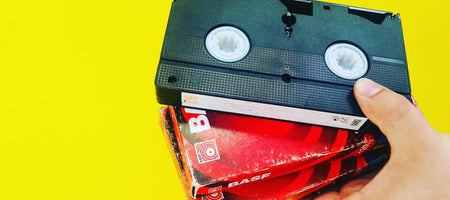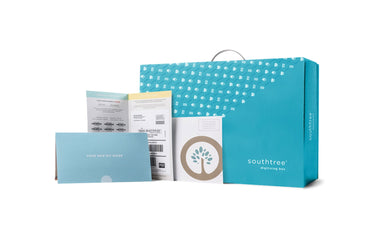Memory, much like instinct, seems to be a natural habit for humanity. A habit for some; maybe a void for others (you know who you are). But we all have stored memories, so where do they come from? And how do they get made?
Maybe more importantly is why can we remember movie quotes like the back of our hands but when it comes to taking the trash out, all is lost upstairs in that noggin?
You’re about to find out.
Short-term memory
Neuroscientists have theorized that short-term thinking is supported by patterns of neuron activity in the prefrontal cortex, front and center. Short-term memory should be more aptly named, “literally just happened memory.” Why? Because short term memory, contrary to popular belief, is a memory that lasts only a mere 30 seconds or so.
Think of it as a smoke bomb trail. Once the flame goes out, you’ve only got a fleeting moment until the smoke dissipates. Short-term memory contains the information we’re working or thinking about at this very moment. Think of it as a reel of film projected on a screen at any given moment.
Long-term memory
If short-term memory can be attributed to the act of projecting film, then long-term memory is the act of storing it. In between this playing and storing, various short-term memory is converted into long-term memory through a memory process called consolidation. And consolidation is best achieved through sleep. So catch a healthy amount of those Zzz’s if you really want to help with recollection.
Also, unlike short-term memory, long-term memory is made up of neurons that make physical connections and synapses with each other. It’s all these neural connections firing to and fro that can help you remember that one thing that happened that one time at that one place.
Explicit vs implicit
Long-term memory is categorized into two types – explicit and implicit. The latter includes memories that revolve around habits and skills that come to us automatically, without much thought. Driving for example has become so engrained in us that it’s an implicit memory.
On the other hand, explicit memories are things that we’re consciously aware of. It’s this intentional effort to remember that splits explicit memories into two other sub categories: episodic and semantic. Episodic, if you couldn’t guess by the name, are memories and events that have happened to you specifically, while semantic is more of a general recollection of knowledge. Knowing the world record for the hot dog eating contest is 72 hot dogs in 10 minutes is semantic. Attempting to eat 72 hot dogs yourself in 10 minutes and throwing up after 2 minutes … that’s episodic. Got it? Good.
Organized chaos
While certain parts of the brain trigger certain actions, memories aren’t single siloed occurrences. They’re stored everywhere in the brain. In fact, they’re not really single at all. Every memory is actually a puzzled collection of individual pieces that fit together just right to comprise what we think of as a solitary memory. There may be an “I” and a “ME” in memories, but your brain is all about the TEAM effort when it comes to recollection.
Memory types
Did you know that you experience two different types of memories? Probably not. But if you start to think about it, it makes sense.
Declarative memories are used to recall facts and education tidbits. Things like remembering how to multiply, memorizing the 50 state capitols and your incessant ability to quote all the lines to your favorite movies. Conversely, procedural memories are used for more skill-based recollections. These are actions you do every day and probably take for granted – tying your shoes, grilling a burger and riding a bike.
The mind is a beautiful wonder that we’re still far off having all the answers to. It’s precisely why you can remember a phone number from 20 years ago, yet forget the name of the person you just met 15 seconds ago. Memory is fickle like that.
Just remember … actually, forget it. You’ve probably got enough on your mind as it is.
Happy remembering!













